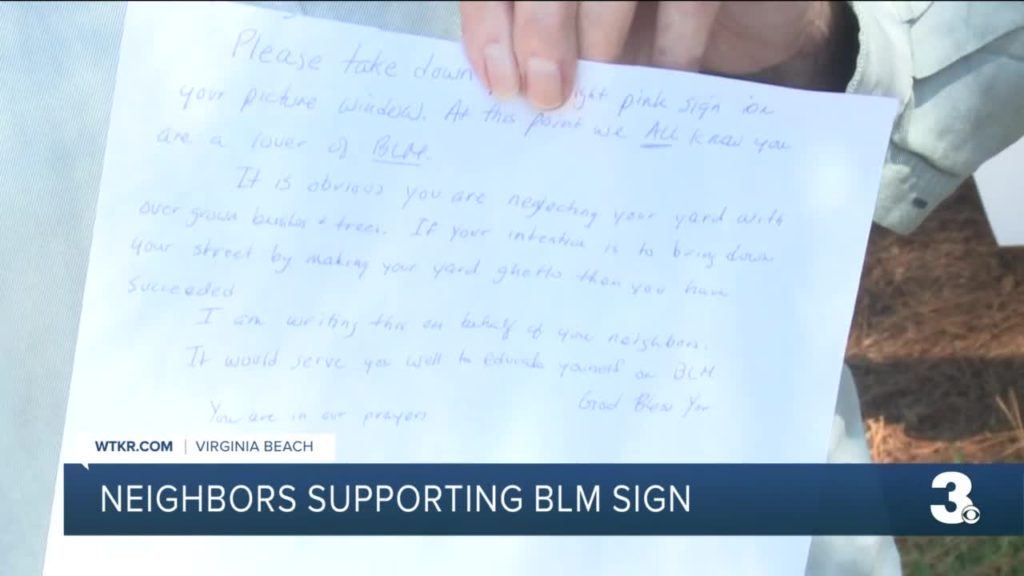Below is a review of the posts (on Facebook, LinkedIn, and Twitter) from the past week. You can check out the full posts by clicking on the links.

In the post on Sunday 10/24/21 we saw that the National Labor Relations Board top attorney signals expansion of remedies against employer. Remember that (parts of) this law applies to ALL employees in ALL workplaces. The memo from the NLRB’s General Counsel was issued September 8th and instructed the Board to seek “new and broader types of remedies” in wrongful discharge and other situations. So, what does that mean? First a bit of background. The NLRB has traditionally (under both Democratic and Republican administrations) been hesitant to allow employees to recover punitive damages or other types of damages noted in the post. That has led some to criticize the Board as not sufficiently deterring and remedying violations. The types of damages the Board has permitted employees to recover are noted in the post, but for wrongful discharge cases are more limited than under Title VII, the ADA, FMLA and other employment laws. Now the tide may have gone out on that. The General Counsel noted that she intends to expand the available remedies; some Board members have made similar indications. The referenced memo instructs regional officials to seek compensation in wrongful discharge cases for consequential damages incurred beyond lost wages. What would that include? See the post. But that’s not all. The General Counsel also noted that she will seek to expand other remedies too, such as seeking orders requiring employers to bargain with unions in certain situations like the one noted in the post and the other situations that are discussed in the post.
TAKEAWAY: There are parts of the National Labor Relations Act that apply to ALL workplaces, so ALL employers need to know what the Board will be looking for in case of violations.

The post on Monday 10/25/21 alerted us that the EEOC increased the penalty for failure to post the “EEO is the Law” poster. You should be familiar with the poster at issue – it is prepared by the EEOC and summarizes various laws that apply, along with the other things noted in the post. It may be in several languages to accommodate all employees and applicants. And where might you find it? In the locations listed in the post. And that is the kicker: the fine for failing to post has been increased to $576 per offense. But wait, there’s more. The employer’s failure to post might also benefit an employee involved in litigation against the company – see the post.
TAKEAWAY: Don’t take a chance – make sure that the poster is posted where and how it should be. Period.

The post on Tuesday 10/26/21 talked about associations requiring employees to get COVID-19 vaccines, fulfilling their duty re water infiltration into a unit, and more. Some associations have employees (instead of having work performed by contractors). Can the association mandate COVID vaccines for those employees? In general, yes; associations are no different than any other private employer meaning they can effect a mandate but must also plan for possible medical or religious exemptions from that mandate. However, as noted in the post, the situation with unionized employees may differ. And what is an owner to do relative to water infiltration into his/her unit? Presuming that the leak (deluge?) is due to something the association’s board is not doing or doing completely, then it is possibly in breach of its fiduciary duty to the owner. This depends on who has repair and maintain responsi-bility for what parts of the unit and can vary widely form association to association, regardless of style (condo, townhome or detached homes). And finally, what about records inspection by owners? See the post – and know PA law.
TAKEAWAY: Many of these areas are dictated by applicable state law or the particular association’s Governing Documents – consult an experienced community association lawyer to protect your interests.

The post on Wednesday 10/27/21 told us about a negligent security lawsuit filed against a gated retirement community for the death of a resident. The suit at issue was filed in FL, but this could happen anywhere so be alert. Jenie Barbato lived in Century Village, a condo-minium association. Her estate alleges that Robert Murray entered the community, evading the hired security company, and went to Ms. Barbato’s home, After entering, Murray allegedly stabbed and killer her. The case is still under police investigation. The Estate filed suit against several parties on the theory that their (in)action resulted in her death. The included claims and bases are noted in the post.
TAKEAWAY: Know the duty your association has in/on common areas – consult state law, the Governing Documents, and a community association lawyer.

In the post on Thursday 10/28/21 we learned the EEOC sues Giertsen for racial harassment and retaliation. Giertsen provides restoration services to repair fire, water or wind damage to residential and commercial customers. The EEOC alleged in its suit that the company created a hostile work environment toward black employees. How? Through repeated racial slurs and comments as noted in the post. Which behavior was witnessed and participated in by managers. After the employees complained, the company did nothing, except … see the post as to what it did to one of those who complained. Conciliation field so the EEOC filed suit.
TAKEAWAY: Don’t treat employees differently due to race – and definitely don’t turn a blind eye or take adverse action against them when they complained about it.

The post on Friday 10/29/21 was about a woman enlarging, posting note left condemning her Black Lives Matter sign. First a bit of back-ground. Paula Hughes lived in her home for about 40 years. She made a BLM sign and put it in her window. The letters were bright pink. She and her grandchildren recently made changes to the letter as noted in the post. They did that because she received an anonymous letter in the mail asking that she remove the sign. What the letter said is recited in the post. Instead of doing what was asked, Hughes enlarged the letter into a giant posterboard and put it in her yard for all to see. And her sign remains in her window. So, what has been the reaction so far? See the post. And the note at the bottom that she does not live in a homeowners’ association so there were no rules to consider.
TAKEAWAY: Unlike the owner here, those who live in a planned community might have to deal with rules or restrictions on signs, so know what is and is not allowed. Get legal help if there are questions.

Finally, in the post yesterday 10/30/21, we learned that Aerotek staffing agency will pay $3.5M to settle an EEOC suit. Yes, Aerotek is a national staffing agency (based in Hanover, Maryland), so one would think it would know better. The EEOC alleged that Aerotek failed to recruit, and denied assignments and placements or hiring, to those over 40 – and also based on sex and race. Aerotek denies the allegations but agreed to settle. How will the monetary portion of the settlement be divided? See the post. And yes there are non-monetary provisions as well. They are noted in the post and fairly standard in this type of settlement.
TAKEAWAY: Surprisingly, not everyone understands that all employees and applicants must be treated the same unless there is a valid legal basis upon which to offer different treatment.

 York, Pennsylvania 17403
York, Pennsylvania 17403